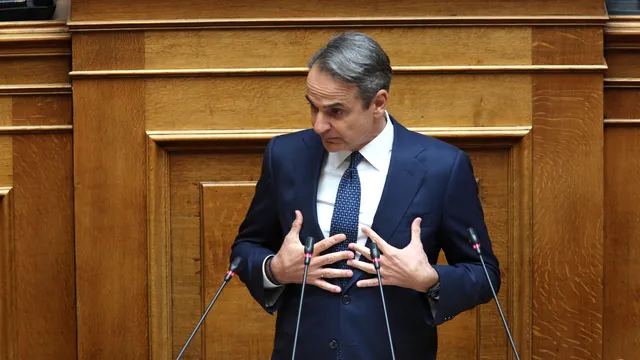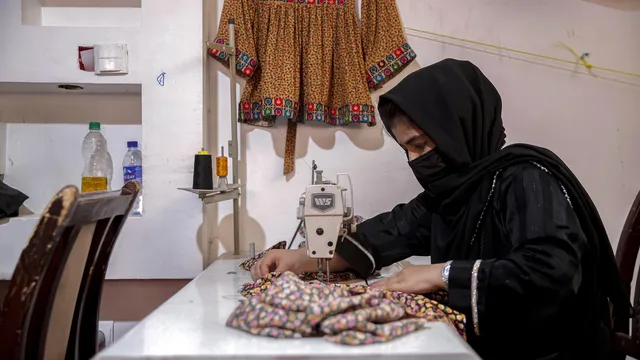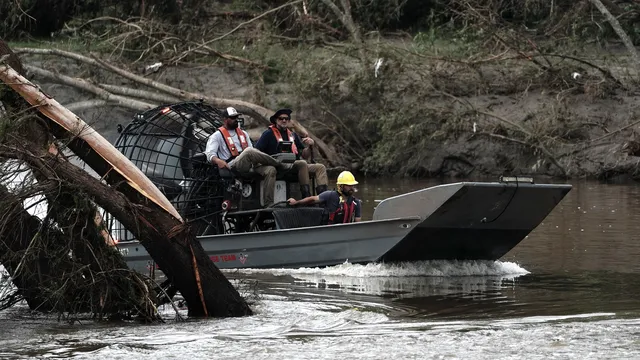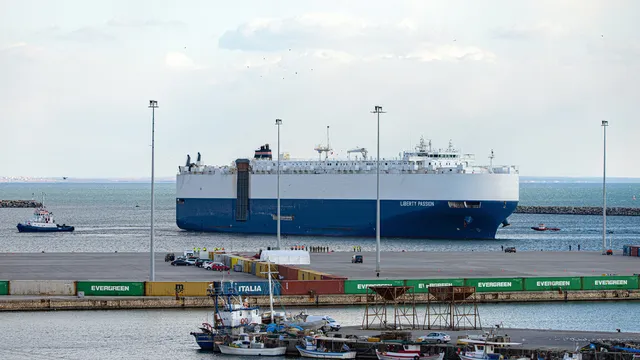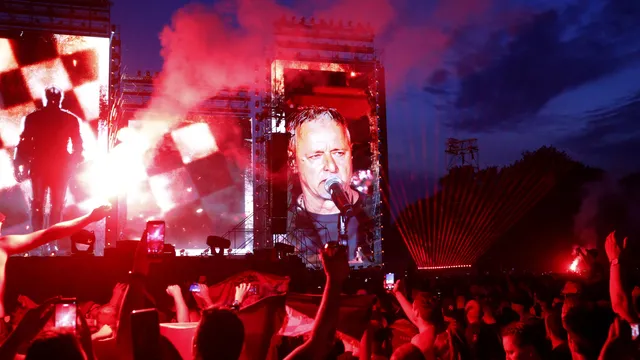The measure was taken after more than 2,000 migrants arrived on the island of Crete in recent days—one of Greece's most popular tourist destinations and the home island of Prime Minister Kyriakos Mitsotakis—which angered local authorities and tour operators.
Greece had hoped to stop the arrival of migrants by appealing to the authorities in eastern Libya in Benghazi and to the UN-recognized government in Tripoli, but this has not worked.
“The road to Greece is closing... all migrants who enter illegally will be arrested and detained,” Prime Minister Kyriakos Mitsotakis told parliament, quoted by AFP.
The conservative leader added that the legislation would be put to a vote in parliament on Thursday, July 10, and that Athens had informed the EU on the matter.
Mitsotakis said the measure was a “necessary temporary response” and a message “to traffickers and their potential customers.”
Another group of about 520 people was rescued this morning near Crete and will be redirected to the port of Lavrio in Athens, the coast guard said.
“The flows are very large,” government spokesman Pavlos Marinakis told Action 24 television, adding that the wave “is growing and continuing.”
On July 6, the Greek coast guard rescued more than 600 asylum seekers in various operations in the area.
According to the coast guard, 7,300 asylum seekers have reached Crete and the nearby island of Gavdos this year, compared to less than 5,000 last year.
Since June alone, more than 2,500 arrivals have been recorded.
To cope with the influx, the government may reopen camps built on the mainland after the 2015 migration crisis, Marinakis said.
Mitsotakis announced to parliament that a camp would also be built in Crete.
Greece had hoped that arrivals would be reduced with the help of authorities in eastern Libya in Benghazi and the UN-recognized government in Tripoli.
But a July 8 visit by the EU migration commissioner and the migration ministers of Greece, Italy, and Malta was unsuccessful.
Accusing the bloc's delegation of “a gross violation of diplomatic norms,” the authorities controlling eastern Libya said they had canceled the visit and told EU representatives to “leave Libyan territory immediately.”
The diplomatic failure raised fears in Greece of the arrival of thousands more migrants from Libya.
“The other side is not cooperating,” Marinakis said, referring to the authorities in Benghazi.
Mitsotakis said the Greek navy and coast guard were ready to cooperate with the Libyan authorities to prevent migrant boats from leaving the country's territorial waters or to return them before they entered Greek waters.
Libya has been engulfed in conflict since 2011, when longtime leader Muammar Gaddafi was ousted and killed in a NATO-backed uprising.
Greece contacted eastern Libya commander Khalifa Haftar before the failed EU visit, sending Foreign Minister Georgios Gerapetritis.
Gerapetritis is due to hold talks with the UN-recognized government in Tripoli on July 15. | BGNES

 Breaking news
Breaking news
 Europe
Europe
 Bulgaria
Bulgaria
